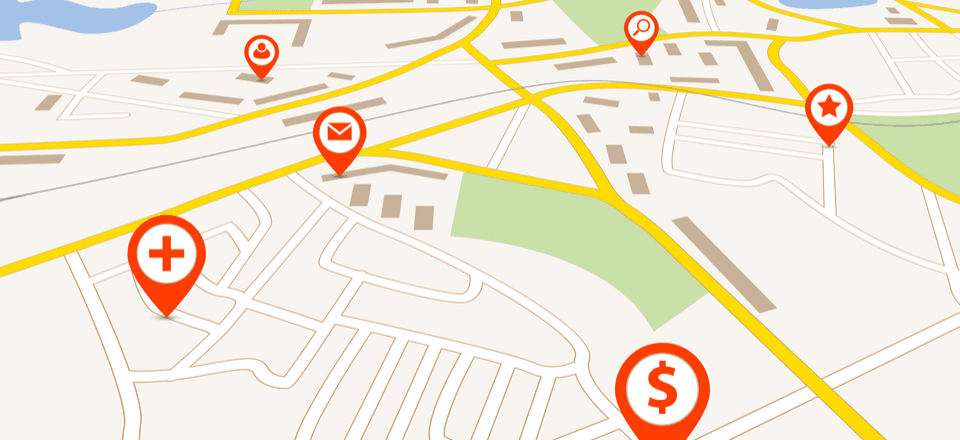A website location is the physical address of a web server. It is important because it affects website speed and SEO rankings.
The server’s location affects latency, which is the time it takes for data to travel from a user’s browser to the website’s servers. Choosing a server location near your target audience will minimize latency and improve page load times.
Server Location
The server location of your website is a key factor that influences your web speed and user experience. In this blog post, we’ll take a closer look at server location and explain why it’s important for your site’s performance and SEO rankings.
A web hosting server is a computer that stores, sends, and receives data across the Internet. Typically, servers are located in data centers, which are networks of servers that house hardware, storage, and other infrastructure to support web content delivery.
Server location impacts your website’s performance by determining how far your data travels between the server and the visitor’s computer. A server location that’s close to your target audience will minimize latency and improve loading times. Web hosts often offer multiple server locations so that you can choose the one that’s closest to your audience. For example, Namecheap offers a variety of hosting options based on geographic distribution, so you can select the one that best matches your audience’s location.
Target Country
A website’s target country is an important factor that affects its SEO ranking. This is because search engines prioritize relevance, and a server’s location in a particular region can influence how well your website ranks in search results. Ideally, your server should be located in the same country as your audience. This will minimize latency, and improve page load speed.
You can use the International Targeting report in Google Webmaster Tools to specify a country target. However, this is only effective if your website caters to a local audience. Otherwise, you’ll need to use a Content Delivery Network (CDN).
In addition to choosing the right server location, it’s important to monitor uptime to ensure your website is always available. Site24x7 is an easy way to do this – just sign up for a free account and monitor up to 5 websites continuously. Get notified when your sites go down so you can take action immediately.
Content Delivery Network
The location of your website server can have a big impact on how fast your website loads. A slow-loading website can be frustrating for your audience and may lead to them abandoning your site. Getting your web server in the same location as your audience can improve website performance and reduce latency.
A URL consists of different parts: the scheme, domain name, and path. Some URLs are absolute, meaning that all components must be present in order to access the resource correlated with it. Others, however, are relative, meaning that the path can be assumed.
A content delivery network (CDN) is a distributed system of servers that delivers web content to users based on their geographic location. A CDN consists of origin servers, edge servers, and points of presence (PoPs) that act like data centers. The content in your website is stored on these servers, so it can be delivered to your visitors faster. This can greatly improve website performance and user experience.
SEO
The location of your website’s server has a big impact on its performance in several ways. For example, if your web server is located in the same country as your audience, your website will load much faster because it will not need to travel far. This is especially important for local businesses, as most visitors will only wait a few seconds before leaving a website that loads slowly.
Another way in which the location of your server affects website performance is by influencing search engine optimization (SEO). As mentioned above, SEO factors include both server IP address and website content. If you want to boost your SEO rankings, host your website in the same country as your target audience. This will help you get top spot in the Google results. If you are hosting a global audience, using a Content Delivery Network can also be helpful as it will cache your website across multiple geographical locations.






